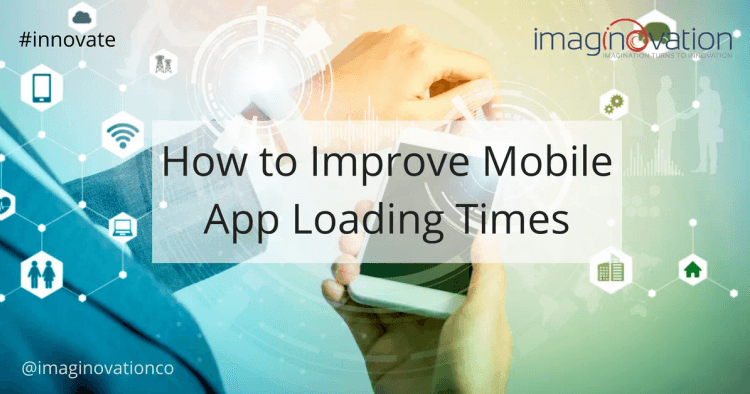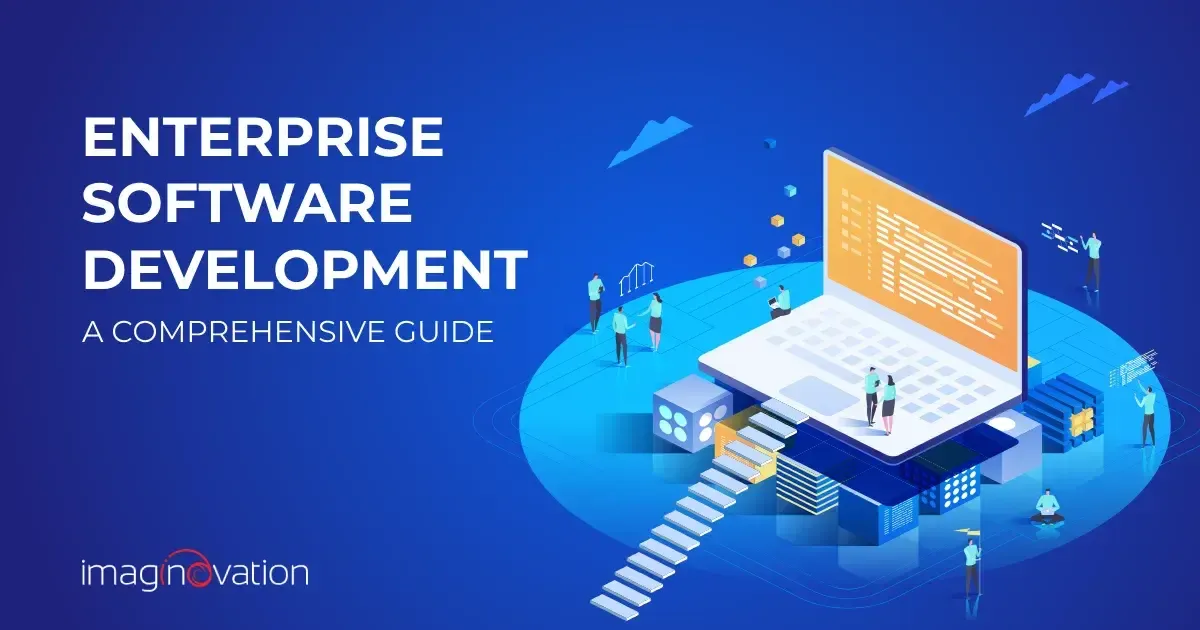To estimate the cost of building a website or an app, use our app cost calculator tool.
What is your mobile app load time? Or, how fast does your app load? If it’s too slow, you’re losing money.
Apple’s App Store requires your app to load within 15 seconds, but ideally, it should be faster. A frequently quoted 2009 study by Akamai showed that 47 percent of consumers expected a web page to load in 2 seconds or less. That was in 2009, and our attention spans have only decreased since then. Studies have also shown that 25 percent of people would leave a brand due to unacceptable load times. Hence, optimized Android and iOS app performance is a necessity in today’s times.
While some users might sit patiently for a few extra seconds for a mobile app to open compared to a website, counting on that fact could cost you. Users are quick to abandon a site or app and search for a competitor.
Studies show that slow loading times significantly decrease conversions on both web and mobile. Consider this information from the Akamai study:
- 73% of mobile users say that they’ve encountered a website that was too slow to load.
- 40% of people abandon a website that takes more than 3 seconds to load.
- A 1-second delay in page response can result in a 7% reduction in conversions.
Measures to Improve Your App Load Time
You’re convinced you need to improve your load time. Now, how do you do that? Here are several things to examine for a faster app:
- Images – Images displayed on a smartphone need to be smaller than ones displayed on a desktop. Sending images that are too large to a mobile device is going to seriously slow things down. Every image in your app should be scaled the exact size for each device.
- Fields – If your app includes a form or lots of information about a product, scale it back. The desktop version might show several fields and every detail. The mobile app should offer the basics.
- Ads – Ads may be the way your app makes money, but a lot of ad code slows things down.
- HTML – HTML bloat increases the amount of data you are sending. Be sure your code is clean.
- Analytics – Although necessary, analytics can affect load times. Make yours as efficient as possible by using just one analytics provider instead of multiple.
- Compression – The server should be configured to apply Gzip compression to HTML, CSS, and JavaScript. This prevents you sending more data than you have to.
- Server Connections – Many publishers will split their web and database servers. That’s fine, but be sure to connect the two using a private network. A public connection will impact load times.
- Prioritize – Your app should have a request queue with priorities. The items that load first should be those needed to perform the next action. Supporting content, such as images, can load later.
Change Perception
While you work to improve your load times, you can also do a bit of magic to make load times feel faster to your users. Most people are sitting with a timer as they open an app; they only want to click on it and have it open quickly. You can make it feel faster with a few visual tricks:
- Add immediate visual feedback to buttons. That means when you click on a button, you see some animation or receive some feedback that things are happening.
- Remove those loading spinners for anything that takes less than 10 seconds. Those only make it feel longer.
- However, use progress bars for other loads. They work best when they include pulsations moving from left to right. Make sure they are always advancing, even if things are stalled behind the scenes.
- If your progress bar pauses, be sure it does so at the beginning. Users have a lower tolerance for pauses near the end, or what appears to be near the end.
Also Read: App Development Trends Every Appreneur Should Look for
Testing Your Mobile App Performance Load Times
There are a few different programs you can use to test your app load times, and we’re happy to assist you with it during your app build process. When you examine the app load data, keep an eye out for the following:
- The timing. The number of app load failures increases after a new app release, a new operating system release, or a server change. Determine when your problems occur to correct them.
- Individual sessions. You can drill down and study individual user sessions to determine when he/she experienced a slowdown.
- Crashes during app load. This is the worst because it means your app is unusable. This problem should be your highest priority to fix.
Fix your slow app and with help from our team. Contact us to find out how our mobile app strategy and consulting services can improve your app's performance and user experience.











